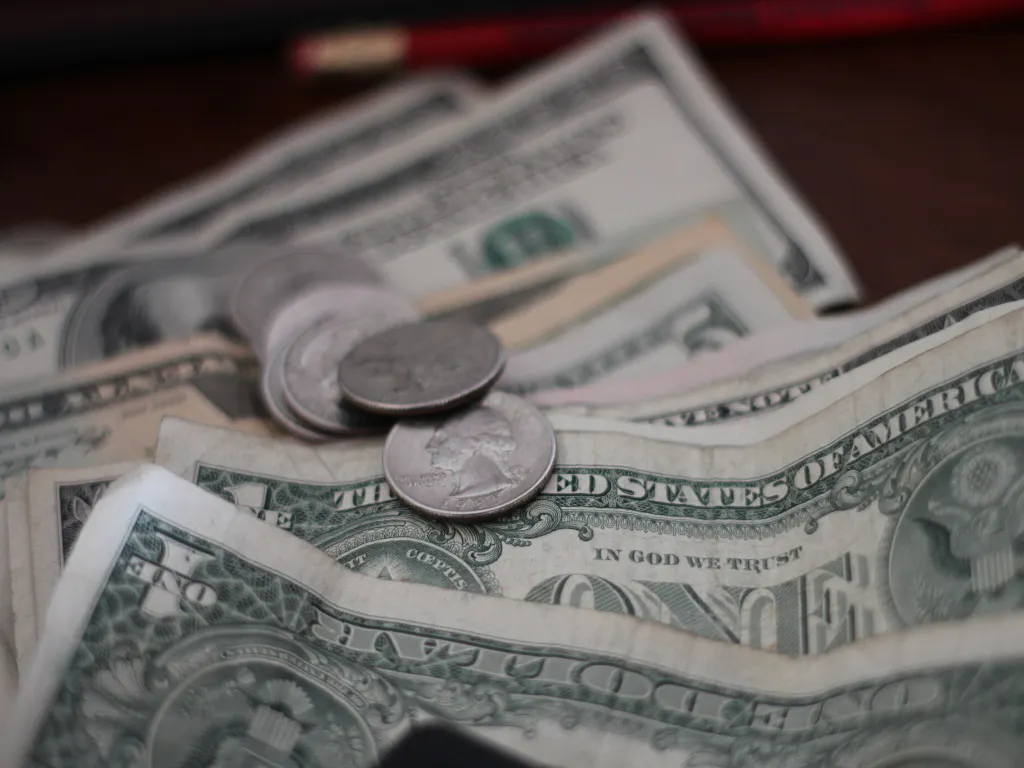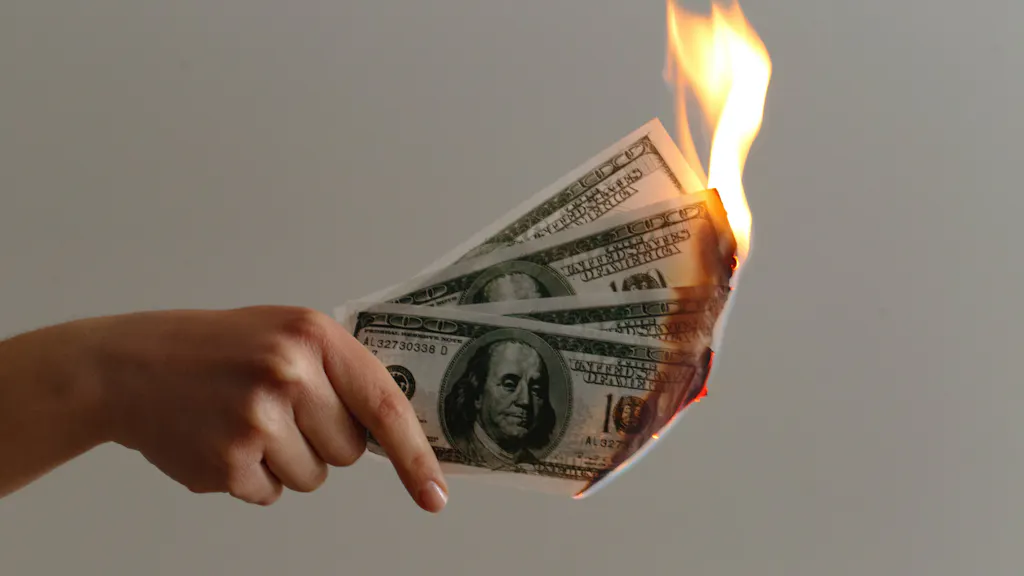All banks have their standard bank fees, which you will encounter at almost any traditional bank. There are minimum balance fees, overdraft fees, and foreign transaction fees, to name a few. It’s hard enough to keep up with the common bank fees, but then there’s a whole list of hidden fees you need to know about too!
Not every bank charges all of these different fees, but they are much more common than you might think. To avoid wasting unnecessary money on paying fees to your bank, keep an eye out for these sneaky bank fees you probably didn’t even know existed.

1. Excess transaction fee
If you have money in a savings account, federal regulations limit the number of times you can make a withdrawal from the account. The max number of withdrawals you can make per month is six. If you exceed that number, your bank will usually charge you an excess transaction fee, also known as a savings withdrawal fee. The charge is usually $5 per transaction over the six limit.
2. Inactivity fee
Before saving a little extra cash in an account, check to make sure your bank doesn’t charge an inactivity fee. Typically, the fee is about $10/month and will start after you haven’t touched your account in 6-10 months.
3. Returned deposit fees
You probably already know about overdraft fees. The returned deposit fee is just like an overdraft fee, but instead of your bank account not having enough money to cover a transaction, it’s someone else’s account when they write you a check and you try to cash it.
For example, your friend writes you a check for $50 for some work you helped them with. However, when you go to your bank to cash, they do not have enough money in their account. Even though it is not your fault and you had no way of knowing your friend didn’t have the money, your bank will charge you on average $12.85, and even more if the check is from a foreign bank account.
4. Paper statement fee
Today, many people access their bank statements online. Those who prefer a physical paper statement mailed to them may be charged a fee. Some banks charge between $1-5 to print and mail paper statements. Be careful, you may have been signed up for paper statements by default and have to opt out to avoid paying the paper statement fee.
5. Account closing fee
Want to close your bank account? There might be a fee for that. We’re not kidding. Some banks charge up to $25 to close your account and get your money back. So, make sure to find out if your bank will charge this before signing over your money. Other banks will only charge an account closing fee if you keep your account for a short amount of time (usually six months or less).

How to save money on expensive bank fees
The best way to protect yourself against bank fees is to be in-the-know about what your bank is charging you.
Before joining any bank, ask them for a list of fees they charge, how much they are, and how you can avoid paying them. The more knowledgeable you are the better!
Rather than traditional banks, you can also research alternatives to traditional banks, like digital banks or financial memberships. Oftentimes, online banks do not need to charge so many fees because they do not have physical bank branches to operate.
Looking for other ways to save money? The MAJORITY Membership has your wallet’s best interest in mind.

